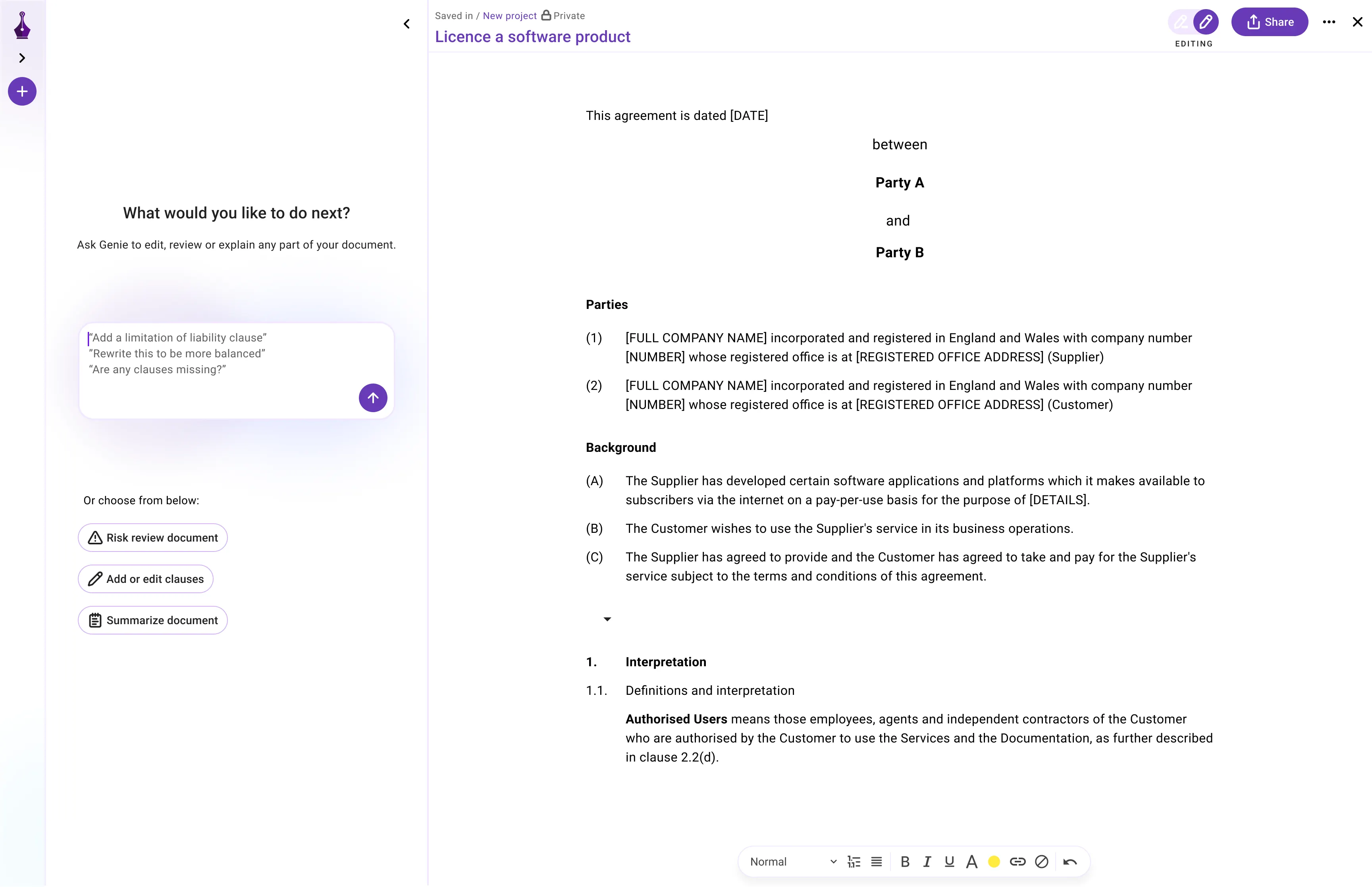
One of the most liberating experiences is starting your own business. Becoming a sole trader can be fulfilling and lucrative if you have the passion for your craft, the right business acumen, and the ability to navigate regulatory needs.
In this post, we’ll
- explore various sole-trader fields
- demonstrate legal considerations
- shuffle some ideas around on the journey towards becoming your own boss
Note: At the end, you’ll find a link to sign up for to help you manage the legal aspects of your enterprise with ease.
Delving into Dog Walking
Dog walking can be an appealing venture, especially if you love animals. According to the Professional Dog Walkers’ Association, NarpsUK, a successful dog walker is one who loves dogs and has the physical stamina to manage long walks, regardless of weather conditions. Here’s a brief step-by-step guide to getting started:
- Gain experience either as a volunteer at a local kennel or rescue center, or by adopting a lifetime training journey attending various dog handling courses.
- Understand the required legalities. It’s critical to ensure public liability insurance coverage and possibly to get a Criminal Record Check. Details of the latter regulation vary regionally.
- Advertisement is key. Free or minimal-cost marketing options include using flyers and local advertisements or setting up a website.
- Set clear and fair pricing. The earnings vary based on location, with hourly rates for a walk ranging between ÂŁ10-ÂŁ25.
Exploring a Career as a Private Chef
Stepping into the culinary world as a private chef offers an opportunity to engage your culinary passion and make a living simultaneously. It’s a career that can be both enjoyable and high-paying, with salaries ranging from £30,000 to £70,000 per year. Here are tips to be successful:
- Formal training is not obligatory but is valuable for boosting your credibility and skill. Choose from cooking schools like Ballymaloe, Le Cordon Bleu, or Leiths.
- Understand you might start with long hours covering breakfast to dinner, including clean-up responsibilities.
- Plan unique menus, prepare meals, and often serve the dishes.
- Ensure you have proper legal setups, including business registration, food handling safety, and insurance coverage.
Entering Personal Training
A career as a personal trainer is excellent for the fitness-minded. It does require initial and ongoing qualifications, but the journey can be worthwhile. Steps to start as a personal trainer are as follows:
- Earn Level 3 Certificate in Personal Training and its prerequisite, Level 2, in Gym Instruction.
- Develop and execute your marketing plans to recruit clients.
- Understand the requirements and commitments, including long hours and the necessity of developing business acumen.
- Anticipate potential earnings from ÂŁ25,000 to ÂŁ60,000, depending on the clientele you attract.
Beginning as a Hairdresser
Being a hairdresser affords you the opportunity to express your creativity while operating a potentially lucrative business, with average earnings ranging from £14,000 to £30,000 per year with more if you have celebrity clients. Here’s how you can get started:
- Start with professional training, either through diplomas, T-levels, or apprenticeships.
- Consider options for starting, such as becoming a junior stylist at a salon or starting your own enterprise.
- Obtain essential tools and products.
- Secure professional insurance to protect against potential liabilities.
These are just some examples of sole-trader fields you could explore. Irrespective of the field you go into, a core aspect to building a solid, risk-reduced business is having stringent legal foundations.
Legal Considerations
As a sole trader, you may think that legal considerations should take a back seat, but legal compliance is the bedrock of any successful business venture. Here are some areas of legal matters you should never overlook:
Business Registration
Registering your business is an absolute must. In the UK, sole traders must register as self-employed with HM Revenue & Customs (HMRC).
Insurance
Choosing the right insurance can protect you from potentially crippling financial fallout from accidents, injuries, and indemnities. Consider professional indemnity insurance and public liability insurance, plus any other sector-specific insurance. For example, a personal trainer could get personal trainer business insurance, while a hairdresser will need hairdressing liability insurance.
Licensing and Qualifications
Ensure you have the correct licenses and qualifications for the services you offer. In some trades, these are just recommended, but in others, they are mandatory.
Health and Safety
Ensure you understand the health and safety considerations for your industry to avoid any harm to yourself, your clients, or the public.
Terms and Conditions and Contracts
Having clear terms and conditions can protect you from potential customer disputes. Moreover, written contracts create a clear understanding between both parties to reduce misunderstandings and disputes.
For guidance with any terms and conditions or contract drafting, ¶¶Ňő¶ĚĘÓƵ has Legal Assistant services that can support you. Why not sign up for our services now?
Let’s Get You Started!
Now that you have some knowledge under your belt on what it requires to become a successful sole trader in various fields like fitness, dog walking, hairdressing, cooking, and more, it’s time for some action! Remember, the first step is always the hardest, but once you take it, the journey gets a lot simpler.
And as you embark on this journey, remember that navigating the complex legal landscape doesn’t have to be a struggle. is here to help you draft, review, and negotiate your legal agreements with ease, enabling you to focus on what you truly love: your business.
So why wait? Sign up now and take your first step toward creating a solid, legally compliant business.
Interested in joining our team? Explore career opportunities with us and be a part of the future of Legal AI.
‍
Download our whitepaper on the future of AI in Legal




